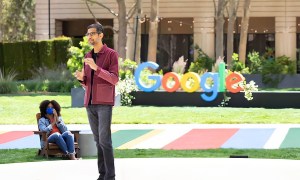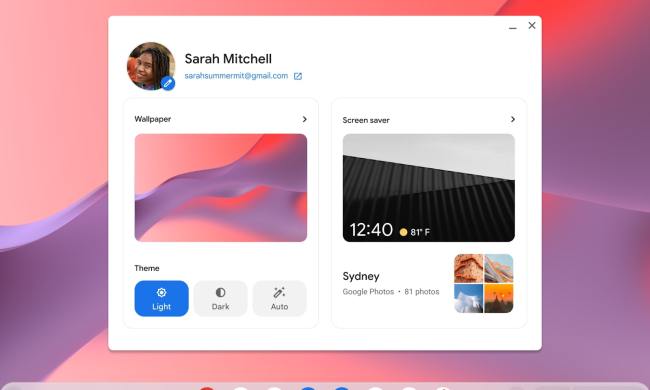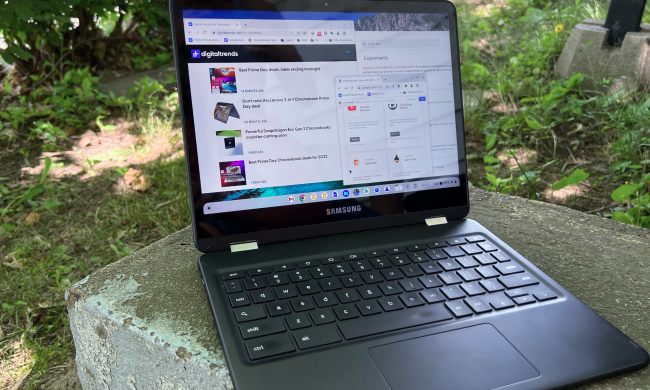
On day two of Google’s I/O developer conference, a lot was revealed about the future of Chrome OS. A key part of those plans is Google updating the Android runtime on Chromebooks to Android 11 throughout this year.
It’s been known for some time that select Chromebook models would be getting Android 11, but Google has now officially confirmed the technical aspect of the plans — and a new switch in the underlying Android runtime layer inside of Chrome OS.
According to Google, on “capable devices,” Android will be moving away from running a container inside of Chrome OS and into a new secure virtual machine. The plans were discussed toward the ending of the “What’s new in Chrome OS” keynote, though Google didn’t provide a list of devices or a specific release date.

With the move away from having Android runtime in a container — which is a software package that contains everything the software needs to run — there should be several key benefits under the hood of Chromebooks. Android 11 experiences in ChromeOS should be more secure and stable, and there should also be some performance improvements, a bit similar to how Linux already runs on ChromeOS.
“As developers, you don’t need to worry about making any changes. This is just one way we’re investing to make sure that your apps and games are at their best on Chromebooks,” said Sanjay Nathwani, a product manager on the Chrome OS team.
More importantly, this move means the scope of Android updates on Chromebooks should be improved. In a separate Google I/O session, a Google engineer said this switch makes the underlying Android environment in Chrome OS “more maintainable than it was before” by “reducing its a divergence from mainline Android.”
Most Chromebooks today are running Android 9, and these changes might not be noticeable for users or developers. However, with Google noting that usage of Android apps on Chrome OS has tripled since this point 2020, there’s a lot of hope for performance gains.
Google also detailed new Android 12-\inspired design languages coming to Chrome OS, and a new photos feature for the recently introduced Phone Hub feature.


